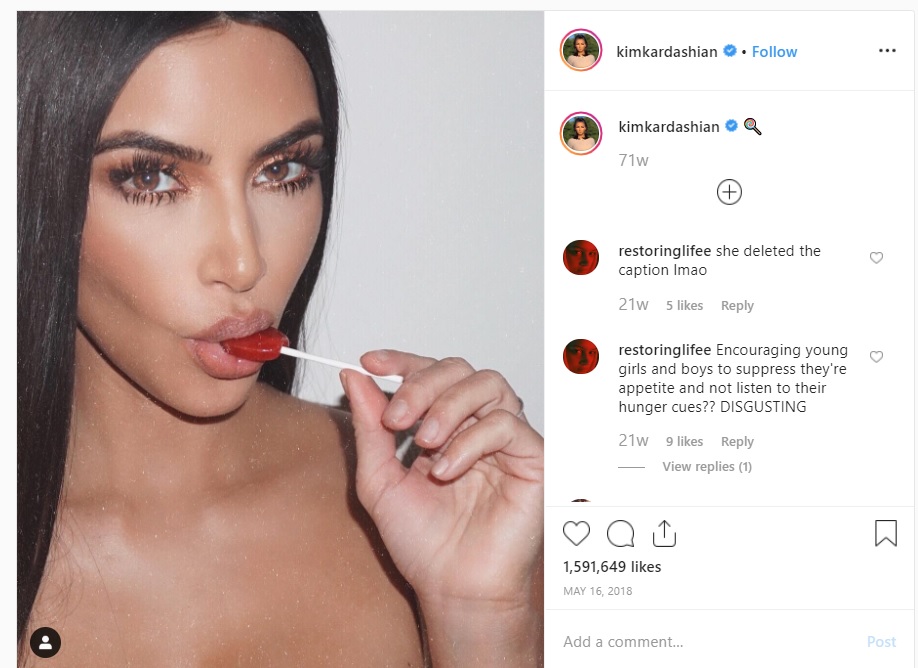If you’re in the health and supplement industry or run ads for businesses that sell products in this industry, then you already know how difficult it can be to run ads on Facebook for these types of products.
Facebook and Instagram are now restricting organic posts and paid ads that promote weight loss products to certain users after several followers questioned the integrity of the products being promoted by influencers, such as laxative teas and lollipops that suppress hunger.
In this article I’ll discuss the new policy and provide context on how supplement businesses should promote and post organically on both platforms.
Users under the age of 18 can no longer see content about weight loss products
As the headline says, Facebook and Instagram have introduced a new policy that will keep posts that promote weight loss or cosmetic procedures hidden from users under the age of 18.
This includes organic and paid ads that come with a discount or voucher to try the product, in order to protect them from thinking they need to lose weight or should look a certain way.
A study carried out by Common Sense Media found that 70% of teenagers between the ages of 13 and 17 visit social media multiple times a day – that’s no small number.
Many of the products being promoted are not FDA approved and some believe that by showing them to impressionable teenagers they can reinforce unhealthy body types and diets.
Anybody who’s in the media-buying industry knows how difficult it is to promote these products on Facebook or Instagram already, so why is Facebook and Instagram making a big deal about it now?
Over the past few months some of the world’s biggest social media influencers, including Kim Kardashian, have been promoting the use of these products to their followers.
 Since the backlash, Kim Kardashian has removed the caption from the photo discussing the benefits that the lollipop had on suppressing her appetite. The original caption read:
Since the backlash, Kim Kardashian has removed the caption from the photo discussing the benefits that the lollipop had on suppressing her appetite. The original caption read:
“#ad You guys… @flattummyco just dropped a new product. They’re Appetite Suppressant Lollipops and they’re literally unreal. They’re giving the first 500 people on their website 15% OFF, so if you want to get your hands on some…you need to do it quick! #suckit”
Emma Collins, who is Instagram’s public policy manager, had this to say:
“We want Instagram to be a positive place for everyone that uses it and this policy is part of our ongoing work to reduce the pressure that people can sometimes feel as a result of social media.”
How to promote your supplements on Facebook
From an ethical standpoint, you shouldn’t target teenagers with any type of health or cosmetic product as their bodies and minds are still developing.
Going down this route will typically lead to bad publicity, which in the day of social media can undermine your entire brand.
If you have a product that you believe is beneficial to others, then go through the appropriate channels to get your products FDA approved and anything else needed to show potential prospects that your claims are valid.
Facebook and Instagram are already doing a lot to stop these types of products (which have not been proven to work) being advertised on their platforms through paid ads.
It’s great to see that they are taking the next step forward by reducing the reach that organic posts have from influencers and businesses that are promoting these types of products too.